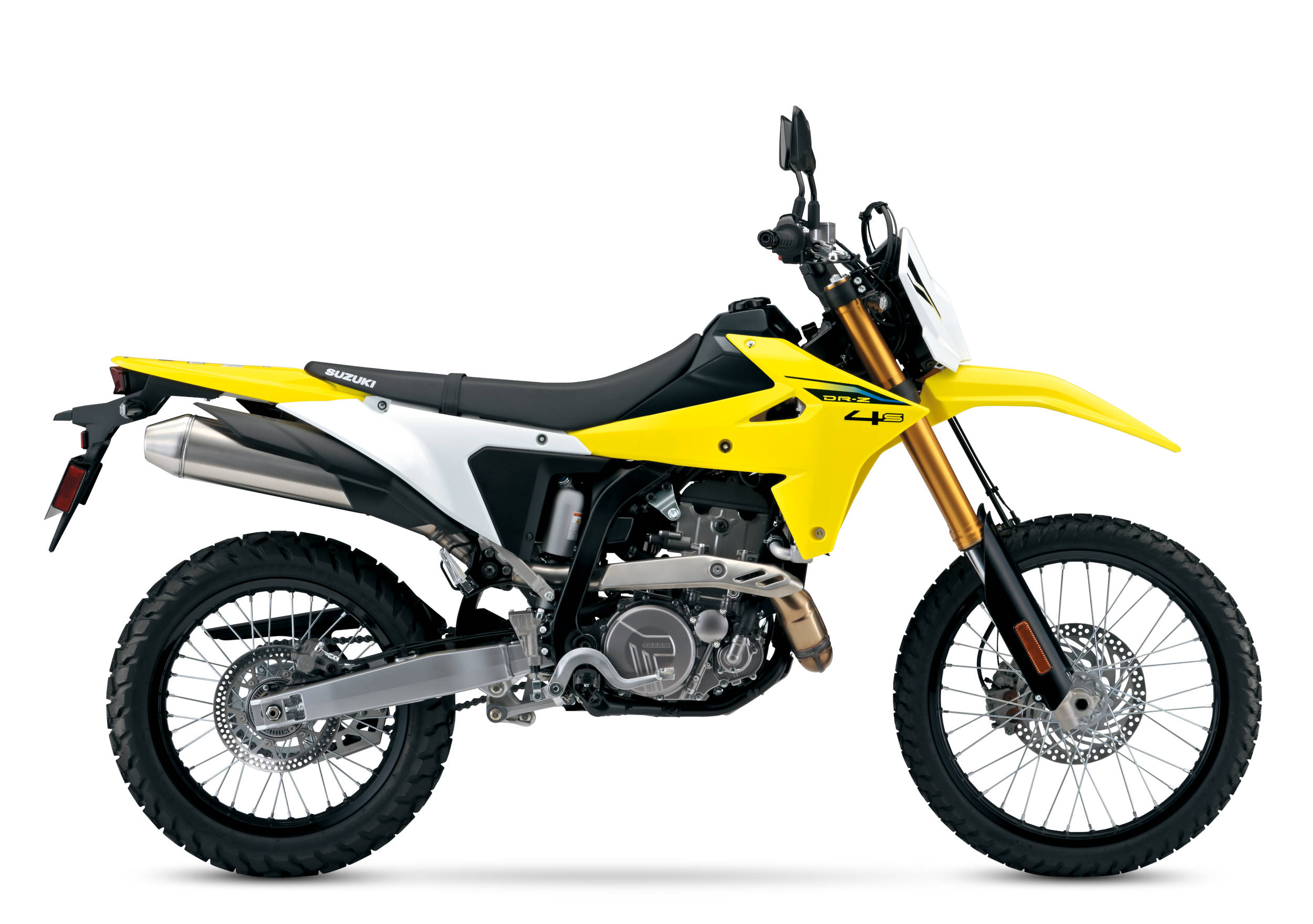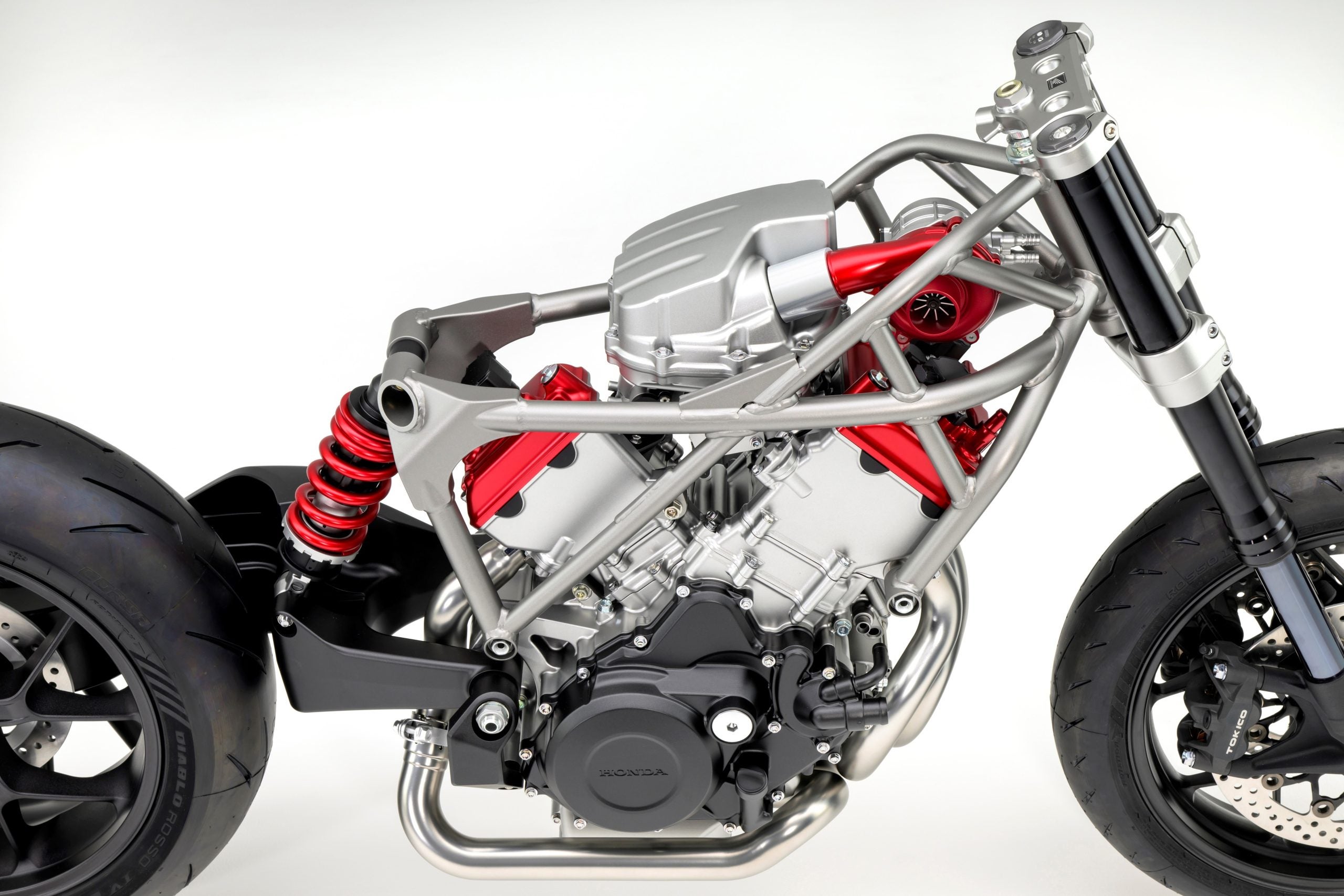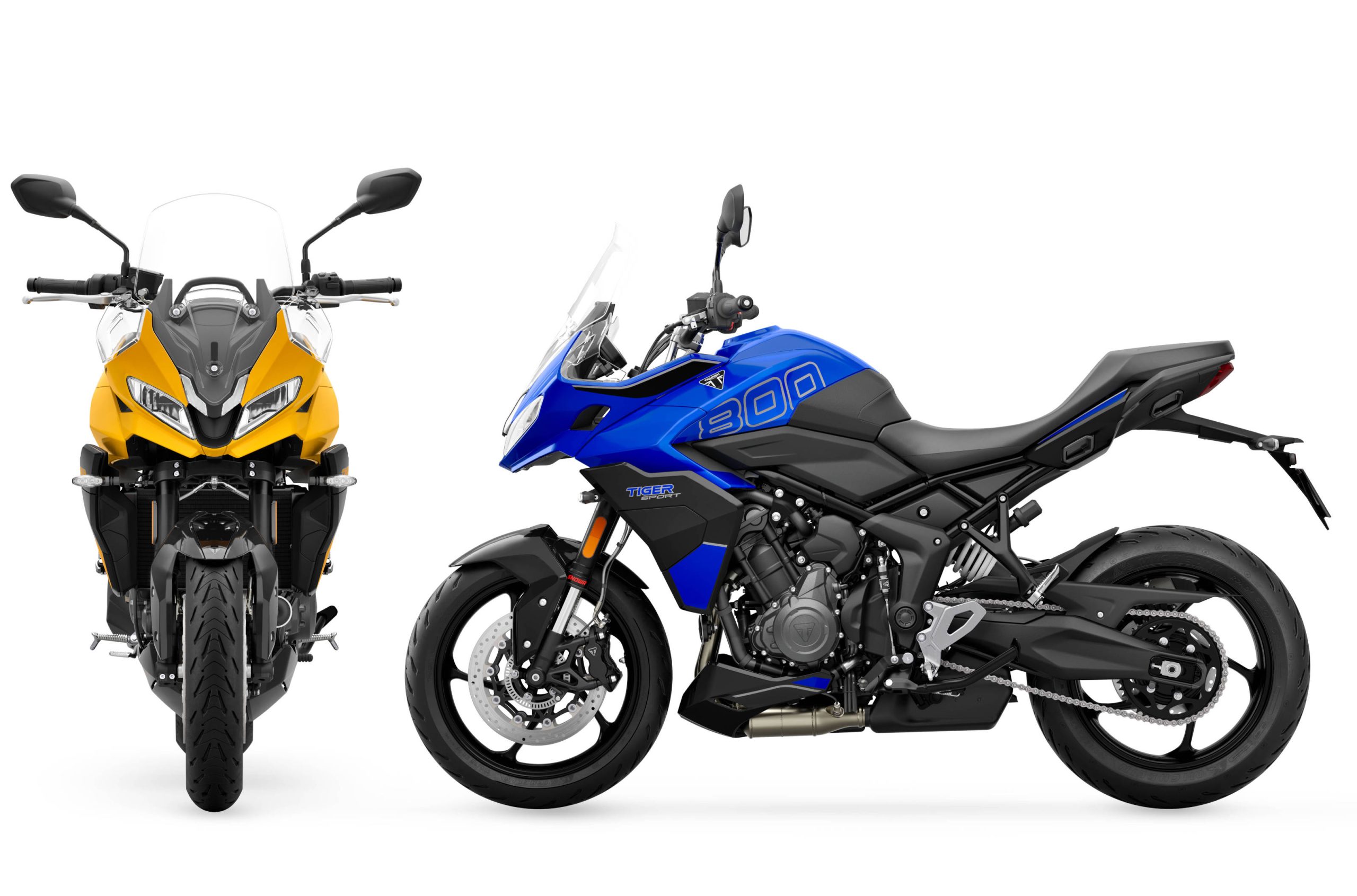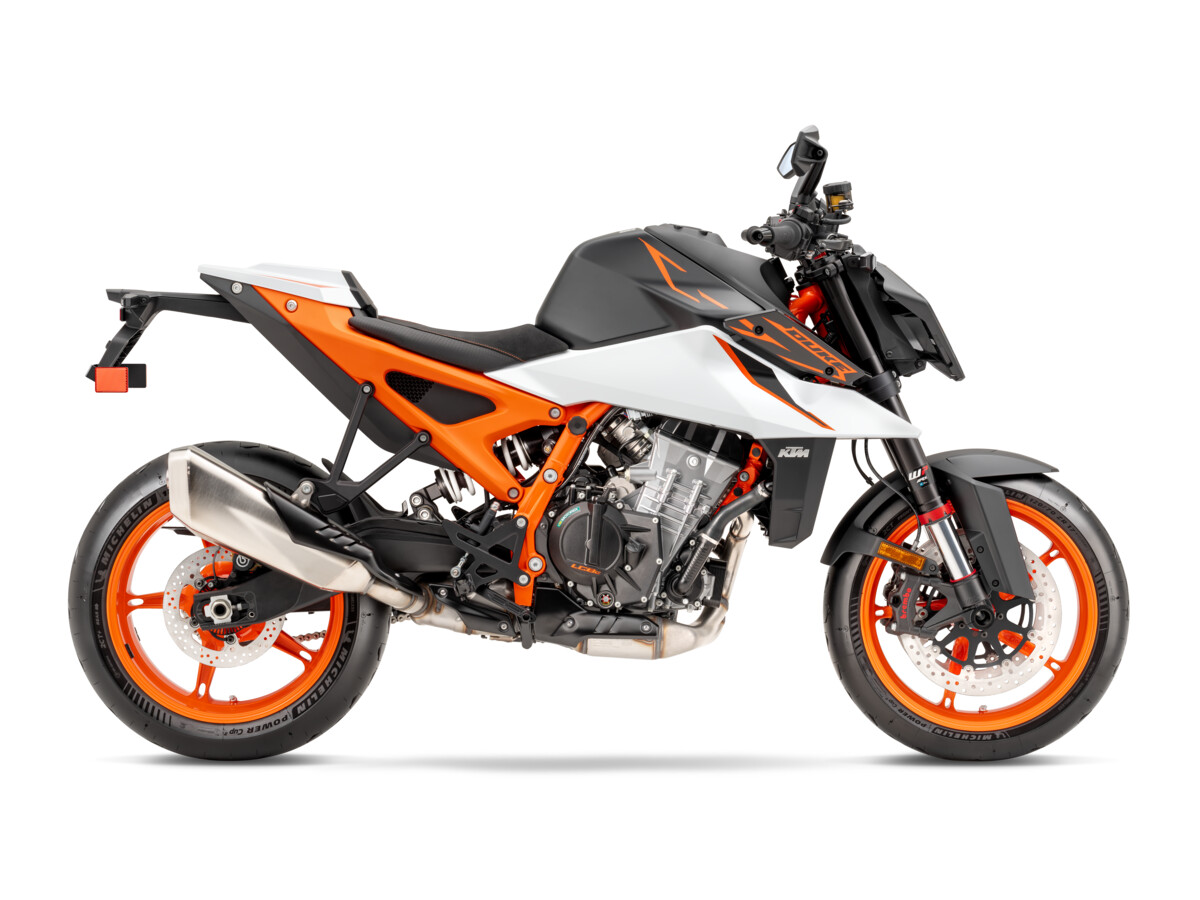As posted by MD on its Industry News Releases pages, on December 5th, the American Motorcyclist Association sent a message of opposition to a proposed 100% tariff on 50-500cc European motorcycles. The letter, sent to the Department of Commerce and the U.S. Trade representative, warns of serious repercussions to the motorcycle industry as well as the thousands of individuals in the motorcycle community that would be affected by such a tariff.
The proposed tariff would be on all European-made motorcycles between 51 and 499cc in response to a ban on U.S. beef products made from growth-hormone-treated cattle. This means mostly off-road motorcycles from manufacturers like BMW, Husqvarna, Husaberg, KTM, Gas Gas and Aprilia, but it’s not clear if it affects scooters as well.
Motorcycles are just one item on a list of proposed products subject to a 100% tariff. The AMA maintains that “trade disputes residing concretely within the boundaries of the agricultural industry should not be solved with trade sanctions levied against non-agricultural products.”
They have a point: the European motorcycle industry doesn’t benefit from the ban on beef. Vendors of agricultural products can more easily find alternate products to European ones, but motorcycle shops selling Euro brands have a hard enough time competing against Japanese products even without a 100% tax. The grandest irony is that aside from tiny ATK, there are no significant competing made-in-USA manufacturers in that category. So who would benefit from such a tariff?
The public comment period ended December 8, but you can always let your Senator or Congressperson know how you feel, and of course we should all support the AMA so they can keep protecting our rights: doubtless the WTO and Commerce Department picked a small part of the huge global market to pick on thinking nobody would notice.
The AMA announced today that it has written to the Office of the U.S. Trade Representative opposing a plan that could double the cost of some European motorcycles imported into the United States.
The plan being considered by U.S. trade officials would impose a 100 percent import duty on more than 100 European goods — including two engine displacement categories of motorcycles, 51cc to 250cc, and 251cc to 500cc.
The federal measure is designed as retaliation to the 27-member European Union’s continuing import ban on American beef treated with growth hormones. EU officials haven’t lifted that 20-year-old ban, despite a World Trade Organization (WTO) order to end it.
If U.S. officials impose the retaliatory tariff, it would double the price of a host of under-500cc on- and off-highway machines from brands such as Aprilia, Beta, BMW, Fantic, Gas Gas, Husaberg, Husqvarna, KTM, Montesa, Piaggio, Scorpa, Sherco, TM and Vespa.
“There is no logical link between European motorcycles and the dispute over beef,” said Ed Moreland, AMA vice president for government relations, in his comments submitted to the Office of the U.S. Trade Representative. “Imposing these stiff tariffs on motorcycles would do nothing to resolve the trade dispute, but would punish American buyers of European motorcycles.”
The AMA’s comments make a strong argument that motorcycles have no business being used as a lever in a dispute over beef.
“Trade disputes residing concretely within the boundaries of the agricultural industry should not be resolved with trade sanctions levied against non-agricultural products,” Moreland said. “A 100 percent ad valorem, or higher, tariff on these motorcycles will cause serious and potentially irreversible harm to American small- and medium-sized business owners selling the vehicles. Additionally, citizens will be denied access to certain models of competition and recreation motorcycles that contribute to the lifestyle and well-being of millions of American families.”
The United States wants to impose $116.8 million in import duties to equal the amount of money it claims the U.S. beef industry loses each year because of the ban. The WTO has agreed on that amount.
Interested parties have until Dec. 8 to comment on which European goods should be subject to the 100 percent tariff in the dispute. It is unknown when U.S. officials will make a final decision.
To read the full text of the letter the AMA submitted to the Office of the U.S. Trade Representative, click here.





